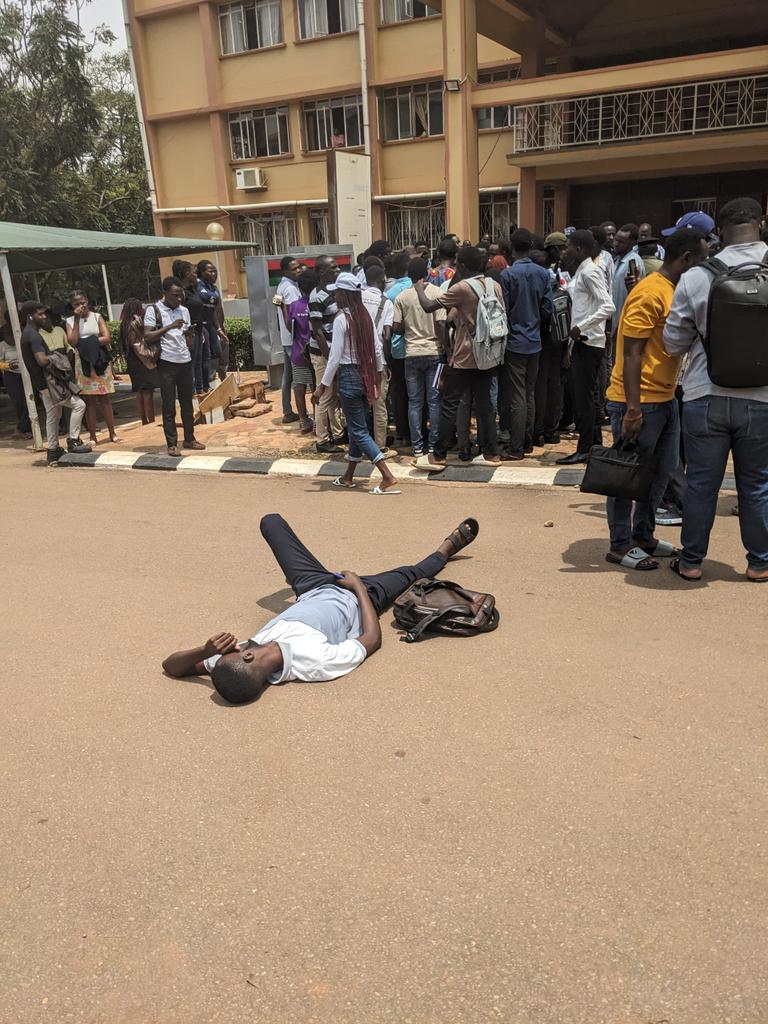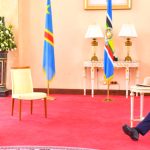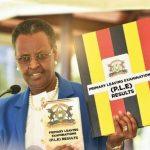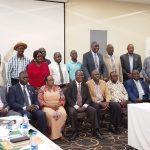(Kampala) – Makerere University students are facing severe hunger and financial challenges, with many now in desperate need of assistance as allowances and support fall short. This situation has created an alarming humanitarian crisis, putting thousands of students at risk.
Makerere’s student body comprises two groups: those on government sponsorship and those on private funding. Currently, the most severely affected are the 5,400 students on government sponsorship, who have not received their housing or food allowances for the last three months. Without funds, students living in commercial hostels have faced eviction, and many are going without food, leading to reports of students collapsing from hunger.
Efforts by the students to address the situation have met obstacles. Meetings with university officials revealed that the student welfare budget had been reduced by UGX 8 billion, and in another instance, students were informed the reduction was UGX 25 billion. Despite the urgency, a solution has yet to materialize, and students are still awaiting a response from the Ministry of Finance.
Attempts by students to cook food within university dormitories were stopped by authorities, and food vendors offering low cost meals were also banned. Additionally, when students tried to submit a petition to the Ministry of Finance, they were reportedly threatened with suspension or expulsion by the university administration, further compounding their struggle to have their voices heard.
Caught in a bind, many students find themselves with limited options. If they protest, they risk disciplinary action. If they remain silent, their basic needs go unmet. Research from Makerere University conducted last year revealed that 95% of students often go without food due to financial constraints. While the minimum daily cost for food is around UGX 10,000 (USD 3), students are provided only UGX 4,500 (USD 1.30), which barely covers a single meal, creating an unsustainable financial gap.
Health issues are reportedly on the rise among students, with the university hospital seeing an increase in ulcer cases attributed to irregular eating and poor quality food. Last year, one student tragically passed away from ulcers shortly before graduation, highlighting the serious risks students face if this crisis continues.
The financial strain has led some students to resort to taking out loans, while others, especially female students, have been reported to engage in high risk activities to make ends meet. Local leaders are now urging the public to come forward and support these students by establishing food banks and soup kitchens, where contributions can be made by alumni, parents, religious institutions, and other well wishers.
| Proposed Actions to Aid Makerere Students in Crisis | Description |
|---|---|
| Student Led Food Bank | Set up a food bank for donations, involving alumni, parents, and religious groups to support students in need. |
| Raise Awareness | Spread awareness on social media about the crisis to gain local and international support for the students. |
| Independent Task Force | Form a student-led committee to investigate and propose permanent solutions for student welfare funding. |
| University Council’s Full Engagement | Encourage university council members to prioritize the issue until a viable resolution is achieved. |
| Involvement of NGOs and Religious Institutions | Mobilize NGOs and religious groups to offer immediate aid, as seen in other humanitarian efforts. |
In response to the crisis, some local leaders and alumni, including Reverend Martin Ssempa, have pledged personal support, sending funds directly to assist needy students and calling on others to do the same. Ssempa has urged anyone who can contribute to join in this effort and to share the students’ plight across social media to attract further attention and aid.




















